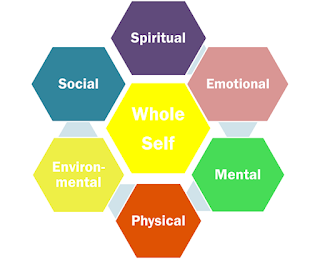Dreams have long been a source of intrigue and wonder for humanity. Across different cultures and societies, dreams have been attributed with various meanings and interpretations. But what happens when dreams transcend the individual realm and become shared experiences? In this blog post, we will delve into the fascinating phenomenon of collective dreams across cultures, exploring their origins, significance, and the cultural variations that shape them.
Origins of Collective Dreams:
Collective dreams, also known as shared dreams or group dreams, occur when multiple individuals experience similar dream themes, symbols, or events. These dreams can occur within a community, a group of people, or even across entire cultures. While the origins of collective dreaming are still a subject of debate, many believe that they stem from the collective unconscious, a concept introduced by renowned psychologist Carl Jung.
Significance and Interpretations:
Collective dreams hold immense significance within cultures as they often reflect shared beliefs, fears, and aspirations. They are believed to have the power to unite communities, strengthen social bonds, and provide insights into the collective psyche. In some cultures, collective dreams are considered sacred and serve as a means of receiving divine messages or prophetic visions. The interpretations of these dreams vary across cultures, with some seeing them as a reflection of societal issues, while others perceive them as a form of collective memory or ancestral communication.
Examples from Different Cultures:
1. Aboriginal Dreamtime: The indigenous cultures of Australia have a rich tradition of collective dreaming. They believe that their creation stories and spiritual beliefs are revealed through collective dreams. These dreams are seen as a way to connect with ancestors and the Dreamtime, a sacred realm where past, present, and future coexist.
2. African Dream Sharing: In many African cultures, dreams are considered a communal experience. Individuals gather to share their dreams, seeking guidance and wisdom from the collective interpretations. These shared dreams are believed to be a means of communication with ancestors and spirits.
3. Native American Vision Quests: Native American tribes often engage in vision quests, where individuals undergo intense spiritual journeys to seek guidance and understanding. These quests involve fasting, solitude, and dream interpretation, with the belief that the collective dreams experienced during the quest hold profound spiritual significance.
4. Tibetan Buddhist Dream Yoga: In Tibetan Buddhism, dreams are viewed as a potent tool for spiritual growth and enlightenment. Practitioners engage in dream yoga, a practice that involves lucid dreaming and conscious exploration of the dream state. Collective dreams are seen as opportunities for shared spiritual experiences and heightened consciousness.
The phenomenon of collective dreams across cultures is a testament to the interconnectedness of human experiences and the power of the collective unconscious. These dreams offer a unique glimpse into the shared aspects of our humanity, transcending individual boundaries. As we continue to explore and study this fascinating phenomenon, we gain a deeper understanding of the cultural nuances and universal threads that shape our dreams.
amberhighland.com

.jpg)

















